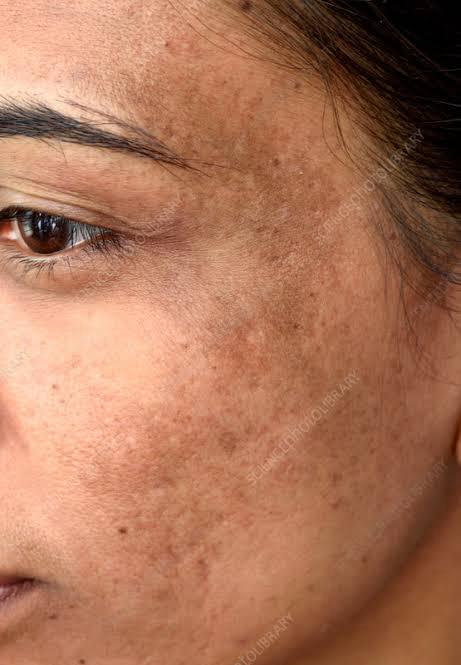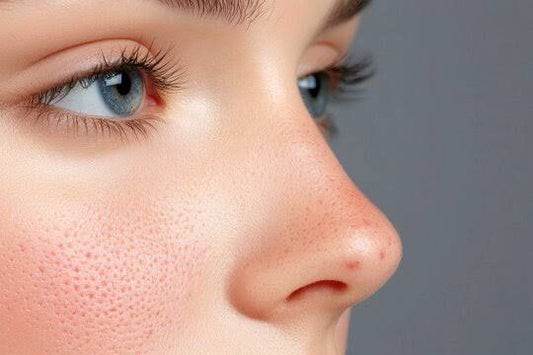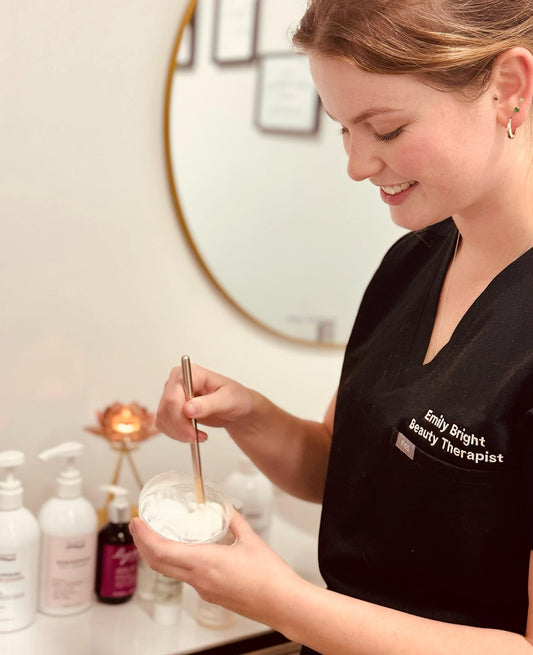Hair thinning and changes in scalp health are common concerns that can be influenced by age, stress, hormones, or genetics. At Drcosmetist, we take a medical and personalised approach to hair concerns, starting with a thorough consultation.
Dr Sadaf Salehi is a qualified General Practitioner and cosmetic doctor with a special interest in skin and hair-related conditions. Based on your individual assessment, she may explore a combination of options, including oral or topical treatments, or in-clinic procedures when appropriate.
While specific treatments are not listed here due to Australian advertising regulations, the focus remains on safety, suitability, and achieving long-term improvement based on your unique needs and medical history.
If you’re experiencing hair thinning, scalp discomfort, or would like to discuss post-transplant care, we invite you to book a consultation online or call us on 0401 651 809 to explore suitable options in a medical setting.



